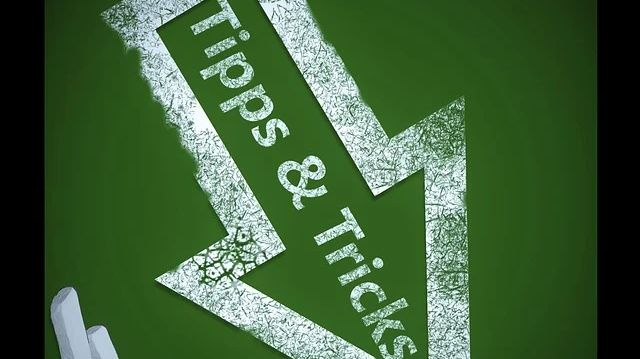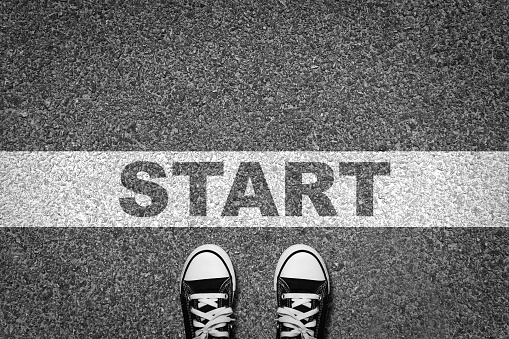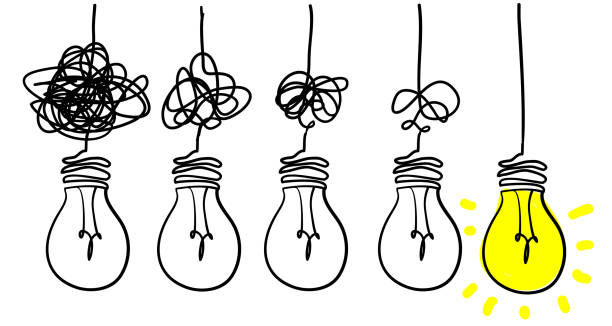-
A Step-by-Step Guide to Publishing Oral History Interviews Online

In the age of digital connectivity, sharing oral history interviews has become more accessible than ever before. By publishing your interviews online, you can transform these precious resources into a global repository of knowledge, enriching the historical landscape and preserving the voices of those who have shaped our world. This guide will delve into the…
-
How To Use Oral History to Make History More Accessible and Engaging for the Public

Oral history is a powerful tool for democratizing history. It empowers everyone to participate in the recording and sharing of history making it more accessible to all. By giving voice to the experiences of people who have been marginalized or underrepresented in traditional historical narratives, oral history can help us to better understand the past…
-
Six Top Tips on How to Organize your Oral History Transcripts While Transcribing.

Transcribing oral history interviews can be a daunting task, but it is also an essential one for making the recordings accessible and searchable. Here are some general tips on how to organize your oral history transcripts: In Summary By following these tips, you can ensure that your oral history transcripts are accurate, well-structured, and reliable.…
-
How Timestamps Improve the Overall Quality Your Oral History Transcripts

There are a couple of factors that go into improving oral history transcript quality. Besides language, typing skills, speed, use of online research tools, time stamping as a digital transcription tool, adds value to transcripts. Wikipedia defines timestamps as a sequence of characters denoting the date/time which a certain event occurred. Timestamps is the time…
-
How to Transcribe an Oral History Interview

If you haven’t already checked out my previous blog on what is oral history, kindly have a look at it. Just to recap, in the blog, we defined it as the collection of historical data from individuals who either lived through a moment in time or have crucial information regarding the moment. It is therefore…
-
Transcription For Beginners

Having been a transcriber for over 6 years (yeah, that long). I get a lot of questions, from family, friends, friends of friends, about what I do followed by requests to teach what I do. Sadly, sometimes I don’t have the time to completely break down what it is I do – Too busy transcribing…
-
Skills Learned As A Transcriber That Can be Transferred Into The Real World

Being a transcriber requires accuracy, speed and efficiency but we rarely talk about what transcription gives you back in return as a transcriber. Being a transcriber doesn’t only give you the power to spot every spelling mistake within a four-mile radius but also a host of other really useful transferrable skills that will benefit you…
-
Oral History Transcription: an Introduction

Welcome to this six-part series where we’re going to look at areas that enable oral history transcription to run smoothly. There is a lot that goes into oral history transcription for both the transcriber and researcher so in each series we will try and cover what are the dos and don’ts and requirements and much…
-
Reviewing Transcripts

Reviewing of transcripts is one of the six-part series to the oral history transcription and introduction that we shall look at in this blog. Now, if you have manually transcribed your files, or if you have a used a transcription company or a software, you now have the transcripts, so then you need to review…
-
Transcription Mechanics
At this point, if you have been following our series, we’ve gone through a couple of things when it comes to transcription, which include the transcription equipment, where we identified the right equipment that you need, how to format your transcripts for researchers, we’ve looked at what type of transcripts exists (verbatim or non-verbatim or…